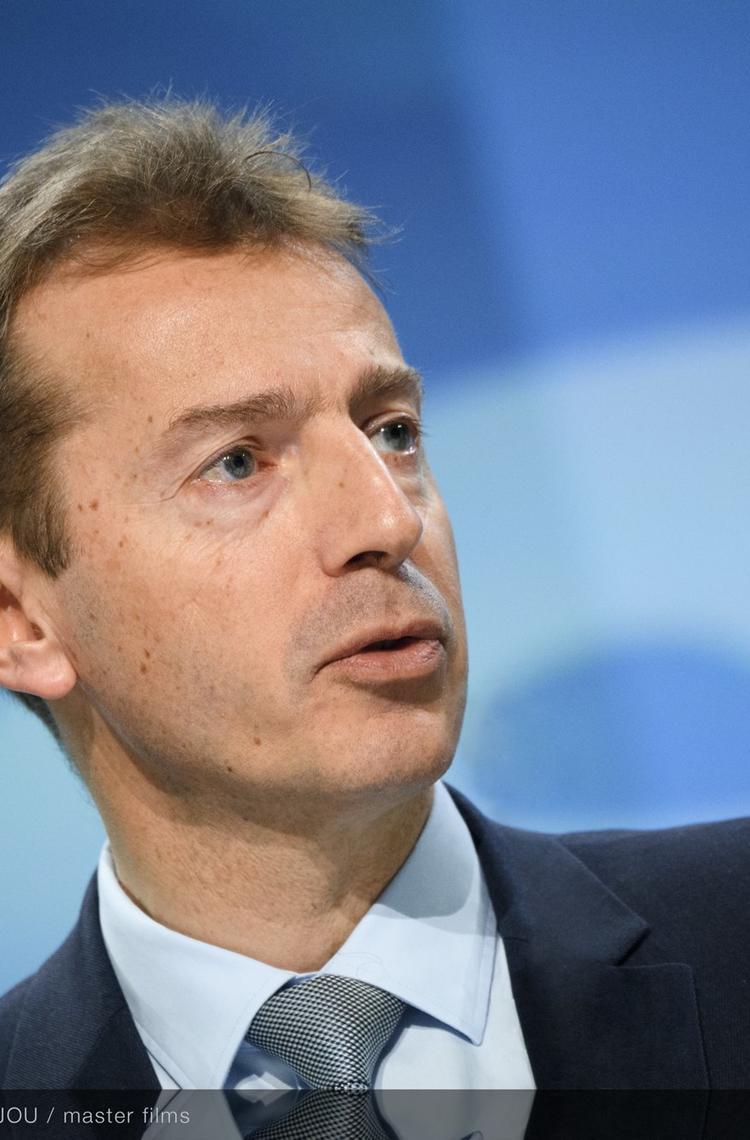Aviation, an irreplaceable force for good in the world, is today at risk as borders remain closed and influential voices in Europe call for permanent curbs on flying. Guillaume Faury, Airbus Chief Executive Officer, shares his view on why it is important to act now.
Aviation’s precious role in society is at risk, as borders remain closed and influential voices in Europe call for permanent curbs on flying.
The commercial aviation industry supports a total of more than 80 million jobs worldwide encompassing the tourism sector, the industry’s supply chain, airlines, airports and many more. Closing borders and cancelling flights mean families are dispersed across the world and unable to meet face-to-face, demonstrating how aviation has become fundamental to many people’s way of life.
Aviation connects and unites people, cultures and businesses. Providing the lifeline of international trade, aviation supports development, education and global economies. Airtravel does not only broaden our intellectual horizons, it eases tensions by bringing us together to learn from and understand each other, helping us find answers to our shared problems. Aviation safeguards global peace and stability. It underpins the multilateralism, diplomacy and conflict resolution that many have taken for granted in the latter part of the 20th century. Clearly then, a more connected world is a more prosperous world, a prosperity that provides the foundation for innovation at scale and lasting transformation.
The longer the hiatus on international trade and movement, the more serious the consequences will be. A prolonged economic malaise will leave governments and businesses on a weaker footing to address the most pressing issues. Major changes are needed on a global scale if we are to tackle the biggest challenge of our time: climate change. In order to rise to this challenge, a rapid transformation of everything from the power and transport sectors to heavy industry and construction is needed. This in turn depends on the urgent deployment of vast amounts of capital. Yet this crisis is constraining business investment and, amid closed borders, the world has become a more unstable place in 2020 due to growing nationalism, geo-political conflict and protectionism.
All this is at stake during this pandemic. All this explains why the safe, swift revival of air travel can help heal the wounds of this crisis.
Yet aviation’s value to society is currently in question, as public concern about the environment mounts. So addressing this concern is now a priority.
Each sector must take its part and we are committed to taking ours. While emissions from aviation only account for 2-3% of all man-made CO2 emissions, we want to be at the forefront of this major transformation. At Airbus, our ambition is to lead the decarbonisation of our sector and build the world’s first emissions-free airliner by 2035. We are committed to this ambition as demonstrated by our new emission-free aircraft concept designs. We believe we can pioneer the industry, with key partners, to make carbon-free commercial flight a reality. The 2020s hold the promise of far-reaching progress towards zero-carbon aviation and governments are providing new impetus as they commit research funding to sustainable aviation.
That’s why the debate in Europe and across the globe needs urgent re-framing. The aviation industry is entering a period of innovation to match anything since the dawn of air travel. Aviation leaves little physical imprint on the ecosystem - landscapes, flora, fauna and natural river courses remain untouched as aircraft fly over them. And what about other transport sectors? For example, expectations of what rail can achieve by itself outreach the current reality. Europe’s high-speed network remains fragmented. By contrast, aviation offers passengers an unparalleled breadth of connections - 8,600 direct routes between cities in Europe alone - and greater range: the average distance of each flight in Europe is over 1,700 km, more than five times the length of most rail journeys. Aviation brings these advantages while protecting the Earth and its ecosystem by flying over it - this gives us an opportunity to be even more visionary from an ecological standpoint.
These are difficult, febrile times for us all. My message for policymakers is clear: aviation is an irreplaceable force for good in the world. It must remain so in the post-pandemic world.
Guillaume Faury
Airbus Chief Executive Officer
